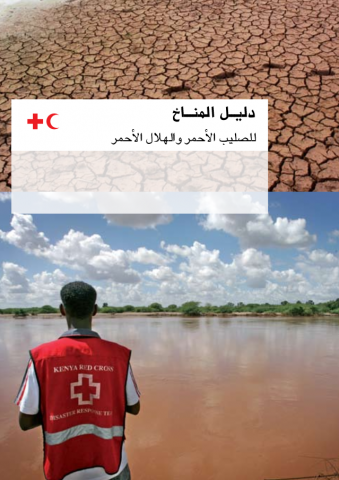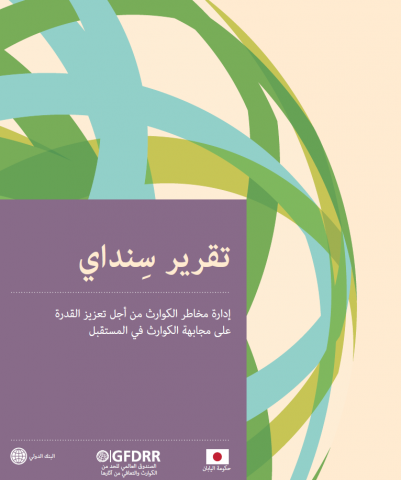دليل المناخ للصليب الأحمر والهلال الأحمر
الهدف المنوشد من هذا الدليل للصليب الأحمر والهلال الأحمر هو مشاطرة خبرات أكثر من 40 جمعية وطنية بد أت في السنوات الخمس الأخيرة مواجهة تغيّرالمناخ في إطار أعمالها. وخبرات الجمعيات متنوعة بقدر تنوع طقس كوكبنا وشاسعة بقدرات ساع حركة الصليب الأحمر والهلال الأحمر نفسها. وعلى الرغم من ذلك، تبرز أوجه شبه عديدة. وتغير المناخ مجال […]
دليل المناخ للصليب الأحمر والهلال الأحمر Read More »


